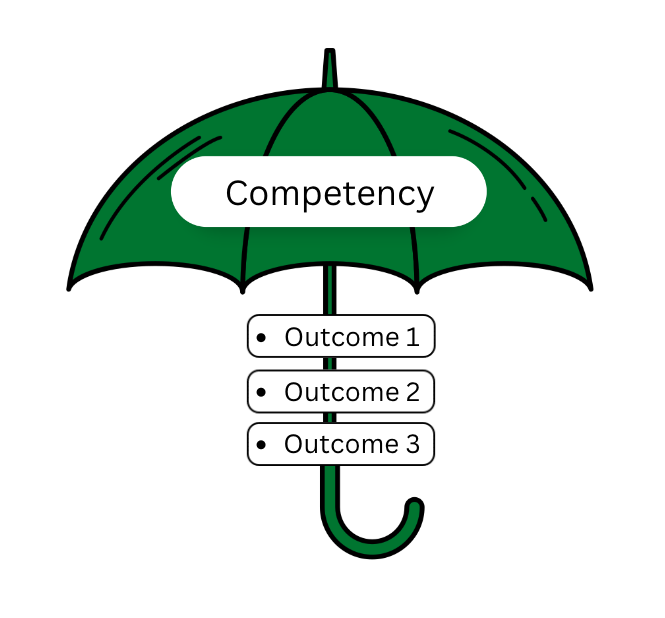With Great Power …
“Professors enjoy autonomy to determine how and what they teach, how they go about their research activities and how they serve the university and the larger community. Because of that autonomy, they have been called fiduciaries under the law. As fiduciaries, they have a duty to avoid conflict of interest and to exercise their powers over students only in the students’ interests, and not in their own interests” (Katz, 2000).
The article goes on to describe what this means in the context of sexual relationships, but this got me thinking about what else this might mean. What does being a fiduciary mean in terms of “exercising (my) power over students only in the student’s interest, and not in (my) own interest” in the context of teaching?
As I though about this, I immediately turned to the U of S Learning Charter, which spells out four key responsibilities of instructors on our campus – which could be seen as our fiduciary responsibilities. The first is to ‘exemplify learning’, including to “embody learning behaviours expected of students” and to “maintain an appropriate instructor-student relationship”. The second is to ‘teach effectively’, including to “ensure content proficiency” and to “ensure pedagogical effectiveness”. The third is to ‘assess fairly’, including to “communicate and uphold clear academic standards” and to “perform fair and relevant assessment of student learning”. And finally, to ‘solicit feedback’, including to “provide opportunities for student feedback” and to “solicit feedback on their teaching”.
In our role as a fiduciary, one might add the question – ‘am I doing this in the best interests of the students or in my own best interest?’ I don’t think anyone would question that clear academic standards and high expectations are in the students’ best interests, as are effective teaching strategies and authentic assessment of students’ work. What about teaching strategies that are not very effective? What about assessments that fail to measure students’ ability in a fair, reliable, and valid manner?
There have been several recent cases of students suing universities – due to poor advising, misleading students about times to completion, or failing to provide accommodations for a disability. Recently, the Ontario Court of Appeals ruled, and the Supreme Court of Canada upheld, that “Students may have a claim for damages if it can be shown that the university did not deliver on its promises and if the allegations refer to behaviour that exceeds the jurisdiction of universities over their academic programs – in other words, if the students are not merely attempting indirectly to appeal a decision of an academic nature.” (Knelman, 2012).
This might imply that in academic matters are off limits for the courts, but even when an academic matter is at issue there are quasi-judicial processes that govern our actions as teachers. And there are cases of courts intervening if universities don’t follow their own procedures and allow for due process to occur. One of these quasi-judicial processes is a grade appeal. Having sat through a number of them, grade appeals can be overturned in the student’s favour when it is clear that the instructor assessed the work in a manner that was solely in the instructor’s best interest.
One such appeal I witnessed was when a student’s paper (in a ‘low-consensus’ discipline where grading was highly subjective) was given a poor grade. In reading the comments, it became clear that the professor’s concerns were that the student argued for a position that contradicted the professor’s own personal beliefs, and ignored the fact that the paper was well-written and researched with a sound argument that met reasonable academic standards for a class at that level. The two faculty members who were asked to re-assess the paper disagreed with their colleague’s viewpoint, and gave the student a much higher grade on the paper and in the course on the grounds that the instructor did not assess the student’s work fairly.
Perhaps in the end we should always learn from Uncle Ben (a Spiderman comic joke for the uninitiated) – “with great power comes great responsibility”. Exercise that power judiciously!


